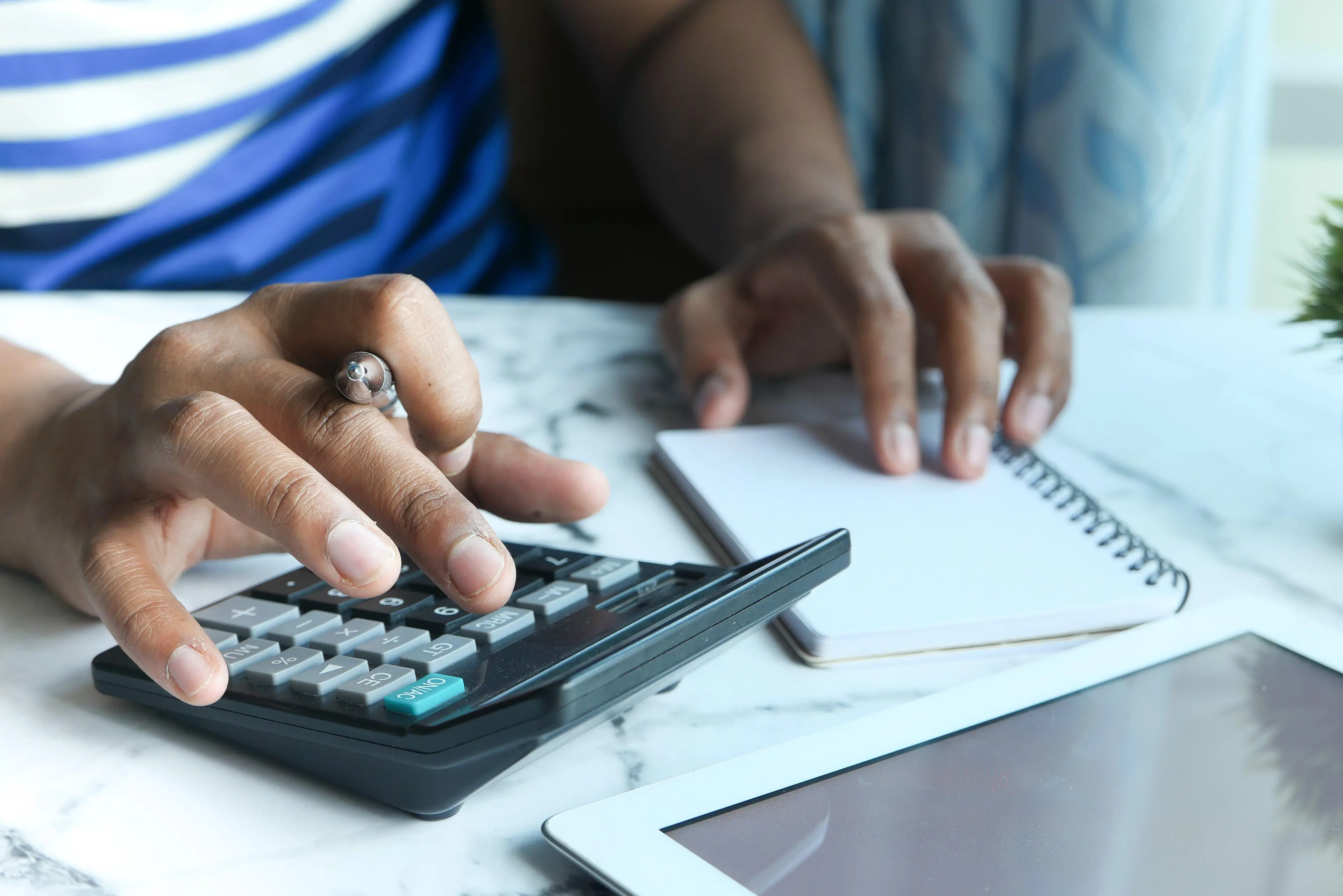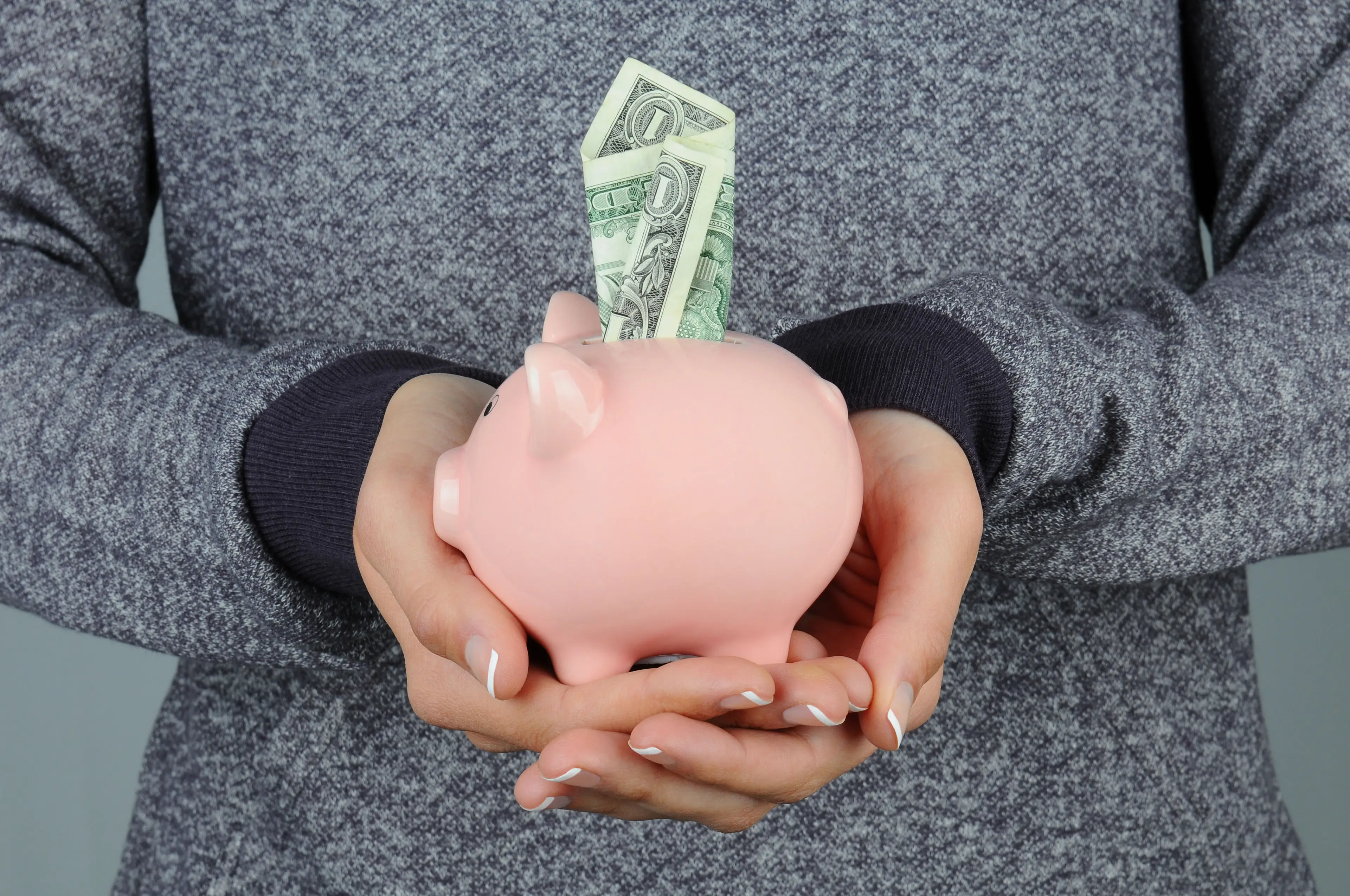
The results of a new survey have revealed the amount of money you need to never feel stressed again... and unfortunately it’s just a tad more than that £20 you’ve got in your wallet right now.
According to research conducted by OnePoll on behalf of Beyond Finance for Mental Health Awareness Month, two thirds of Americans suffer from finance-induced FOMO.
The recent survey of 2,000 US adults found that 66 percent have avoided social events because they’ve felt embarrassed or uncomfortable about their financial situation, with some saying they’ve steered clear of birthday parties (33 percent), weddings (32 percent), happy hours (31 percent) and networking events (31 percent).
A total of 56 percent admitted to feeling ‘extremely’ or ‘noticeably’ more stressed as a result of recent increases in gas prices and inflation.
Advert

But it would take a fair chunk of cash to feel less stressed, according to those polled; on average, people think they’d need to earn a minimum of $86,000 (£68,722) to never feel stressed about their finances again.
On the flipside, the poll found that earning an additional $1,331,515 (£1,063,148) per year could also lead to additional stress for respondents, while 57 percent said that, regardless of how much money they earn, it will always make them feel stressed.
A spokesperson for Beyond Finance said: “Our results show that people report feeling just as stressed about their finances now as they did before the pandemic – 61% of people today versus 60% in 2019 – and not everyone may be fully aware of how overwhelmed they really feel."
A total of 61 percent said they don't feel they’re not earning enough to live their life to the fullest – with those with annual household incomes under $30,000 (£23,953) most likely to say so (78 percent).
Six in 10 (61 percent) also said they are uncomfortable about talking about financial stresses to others, with 58 percent admitting to feeling alone in their money woes – and 51 percent saying they feel ashamed about it.

The research also delved into people’s habits, finding that 67 percent of people engage in ‘stress shopping’ when feeling financially overwhelmed, and often end up buying things they don’t need – including collectibles they don’t really like (51 percent), fast food (51 percent), expensive clothing or accessories (50 percent) and even duplicates of things they already have (48 percent).
Eight in 10 (80 percent) reported having some form of debt, with 42 percent saying their debt had taken a toll on their self-esteem, while others noted their job productivity (38 percent) and physical health (38 percent) had been adversely affected.
On average, those asked believe it will take them 38 years to pay off their credit card debt.
“Symptoms of acute financial stress, such as finance-related avoidant behaviors, feelings of isolation, and guilt can affect anyone, regardless of how much money they earn,” the spokesperson added.
“There are options available to help diminish or refinance debt and give people greater peace of mind.”
Topics: Money